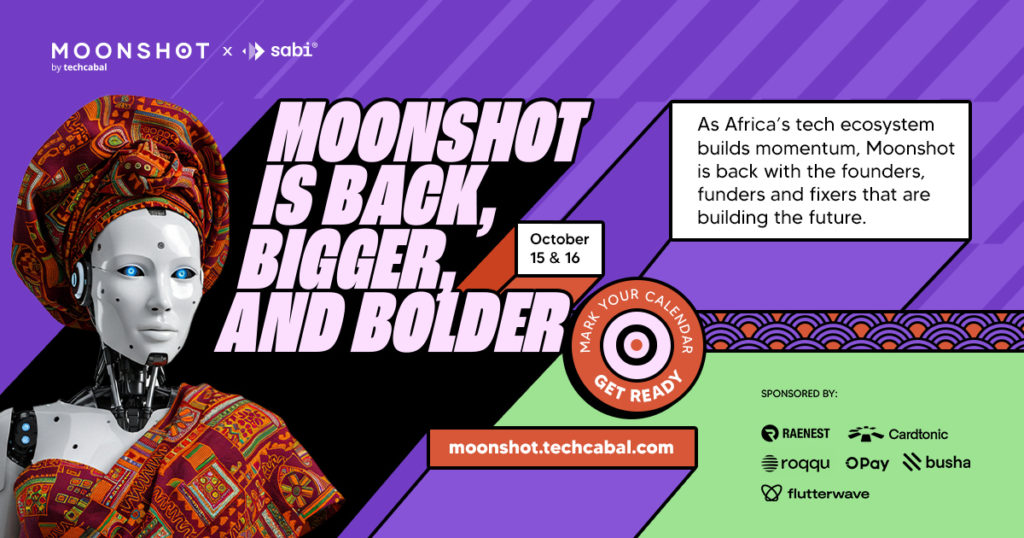As the sun sets over the bustling streets of Nigeria, a common lament echoes through the air – “My data is being stolen!” In a country where mobile internet is both expensive and essential, the frustration of vanishing data has become a prevailing theme. From the conversations in local tech forums to the exasperated voices of users on the streets, the belief that data is mysteriously evaporating, even when phones seem dormant, is deeply ingrained. While fingers are often pointed at major telcos like MTN and Airtel, the real culprit might be closer to home.
Nigeria’s largest telecom operator, MTN, often finds itself under suspicion for the perceived data theft epidemic. With mobile data priced at ₦3 per MB in 2025, every megabyte holds significant value in a country where internet access is a precious commodity. However, insights from the Nigerian Communications Commission (NCC) shed light on a different narrative. According to the regulator, most data depletion complaints stem from user behavior and device settings rather than malicious intent from service providers.
“The higher the data speed, the quicker pages load-downloads and uploads occur, and expectedly, the quicker internet bundles are exhausted,”
the NCC advises. Factors like network speed, background app activities, automatic downloads, and video streaming habits all play a role in the rapid consumption of data. The modern digital landscape is a minefield for data usage – from the silent synchronization of background apps to the autoplay of high-definition videos on social media platforms like Instagram, Facebook, and TikTok. Even seemingly innocuous activities like a brief WhatsApp video call or a movie night on Netflix can swiftly deplete your data reserves.
In the realm of smartphones, where the average Nigerian user has between 60 and 90 apps installed, a select few data-heavy apps bear the brunt of internet consumption. Platforms like YouTube, TikTok, Instagram, and Snapchat are voracious data eaters, with streaming content on smart TVs in high definition further exacerbating the data drain. Even gaming enthusiasts are not spared, with digital game downloads and updates guzzling substantial amounts of data. While online multiplayer gaming is relatively moderate in its data usage, streaming games can be exceptionally data-intensive.
As users worldwide consume an average of 21.6GB per month, predominantly on video and social media apps, the relentless march of data consumption continues unabated. The disparity in data usage between mobile and WiFi connections often leads to a skewed perception of faster data depletion on mobile devices. While the consumption rate remains consistent, the finite nature of mobile data plans magnifies the impact of data usage, creating the illusion of data theft.
Despite the frustrations stemming from the perceived data disappearance, the reality paints a different picture. Nigeria’s high mobile data costs relative to income levels, exacerbated by recent tariff hikes, coupled with the insatiable appetite for data on faster networks, contribute to the sensation of data evaporation. The prevalence of auto-downloads, updates, and high-definition streaming further compounds this challenge, leaving users feeling shortchanged.
However, amidst this digital dilemma, users are not entirely powerless. By taking proactive measures such as monitoring app usage, disabling auto-updates, and opting for offline modes in gaming, individuals can safeguard their precious data reserves. The myth of stolen data in Nigeria mirrors a broader narrative of escalating internet prices, widespread smartphone adoption, and inconspicuous data consumption patterns. Until mobile data becomes more affordable or telecom companies offer transparent data plans, users must vigilantly protect their megabytes as they would their hard-earned money.
In the ever-evolving landscape of data consumption, awareness and informed choices are key to navigating the intricate web of digital connectivity. As Nigeria grapples with the complexities of data management in an era of rapid technological advancement, users must equip themselves with the knowledge and tools to preserve their data resources. While the allure of faster networks and richer content experiences is enticing, the true power lies in understanding and controlling how data flows through our digital lives.









Leave feedback about this